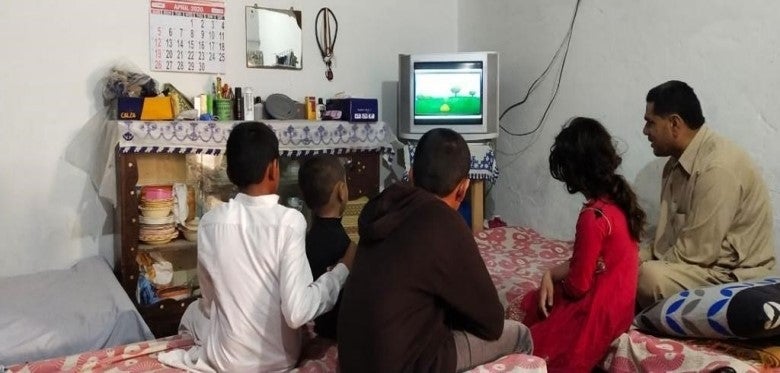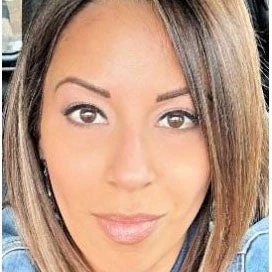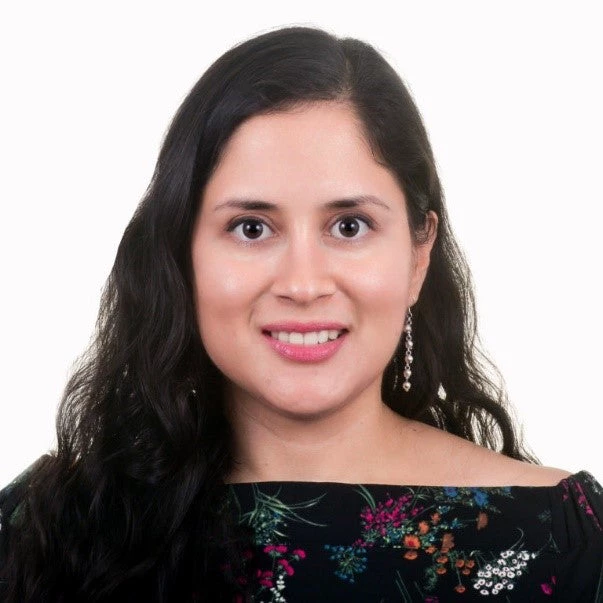 Young women in Sierra Leone get together during school closures to discuss and enjoy their education radio lessons. (©Alison Wright, BRAC/NPR)
Young women in Sierra Leone get together during school closures to discuss and enjoy their education radio lessons. (©Alison Wright, BRAC/NPR)
This blog was produced with the support and inputs from the Pakistan and Sierra Leone World Bank country teams and education authorities, including Staneala Beckley, Umbreen Arif, Abdal Mufti, Himdat Iqbala Bayusuf, Koen Geven, Juan Barón, Neelam Ejaz, and Hallie Rocklin Applebaum. It is based on a feature story on education radio in Sierra Leone, and a feature story on education TV in Pakistan.
When we think of ‘digital technology’ or ‘EdTech’, we often forget about the power and reach of the good old ‘analogue’ technology tools like education TV and education radio. Contrary to popular belief, these technologies can be engaging, have proven to be impactful and most of all, can be a lot of fun for students of all ages ranging from early childhood to adult education. Their usefulness as mass broadcast education tools makes them particularly appealing to reach students remotely either during a pandemic, emergencies in education, or for distance learning.
With the uncertainty of the length of COVID-19 induced school closures, and a second and in some cases third wave of school closings across the globe, many countries like Sierra Leona and Pakistan have been working tirelessly to support remote teaching and learning for students and teachers at home, and have leaned into the use of educational technology (EdTech) as supporting tool. As a response to support remote education across the globe, and as part of the global program for Continuous and Accelerated Learning in response to COVID-19, the World Bank EdTech team has created guides known as Knowledge Packs (KPs) on education TV, education radio, and mobile-based learning, among others. These KPs have been supporting policymakers and decision-makers within the education sector to make quick yet informed decisions on leveraging technology for education at scale.
Education TV in Pakistan - Highlights from the Education TV Knowledge Pack
To support remote learning during the pandemic, Pakistan’s Ministry of Federal Education and Professional Training (MoFEPT) and the School Education Department (SED) of the province of Punjab supported by the World Bank and other partners, rapidly deployed two educational television programing initiatives: a federal initiative called TeleSchool for all students across Pakistan, and the provincial initiative Taleem Ghar for students of Punjab.
To increase access for students across Pakistan, education TV programing has been made available as on demand content on multiple platforms (such as program websites, YouTube channels, and mobile apps). In Punjab, to engage students during lessons, animated teacher characters have been developed (e.g. Miss DNA, Mr. Khawarizmi, Miss Curie). Seasoned teachers have been leveraged for developing lessons, curating existing educational videos for broadcasting, and scripting and presenting lesson broadcasts.
Pakistan has built excitement and put on investment in its TV programing by leveraging social media and high-profile figures like the Chief Minister to launch the program, and by promoting teasers shared as WhatsApp forwards and announcements in local mosques.
Key highlights from Pakistan’s experience include leveraging existing resources and willing stakeholders, as well as using a phased roll out approach. Critical challenges include strengthening student engagement during lessons, increasing viewership of lessons, and leveraging TV lessons beyond the pandemic to support out-of-school children.
In two months of its roll-out, a Gallup Pakistan Rapid Assessment studying the potential impact of TeleSchool estimated a weekly viewership of six million children; 66% of parents surveyed said they would recommend TeleSchool to other parents. In the first six months of Taleem Ghar programing, its mobile app was downloaded more than 80,000 times, its TV lessons broadcasted across more than 95% of cable TV operators across Punjab, and the Taleem Ghar website accessed more than one million times. However, by September 2020, IPSOS, a market research firm, found that the use of TeleSchool and Taleem Ghar had dropped. This highlights the challenges that governments face in keeping families and children engaged during extended school closures.
Education Radio in Sierra Leone - Highlights from the Education Radio Knowledge Pack
At the onset of the COVID-19 pandemic, the Sierra Leone Ministry of Basic and Senior Secondary Education (MBSSE) led by its Teaching Service Commission (TSC) and supported by the World Bank and other partners, responded by reviving its education radio program, previously used during the 2014 Ebola epidemic as a remote education tool.
To ensure that radio lessons are interactive and engaging, hour long radio lessons comprise 30 minutes of content delivery and 30 minutes of interacting with teachers about the lesson content on the phone. Radio has also been used to provide remote training to teachers, with teaching manuals to follow.
Sierra Leone has used innovative ways to spread awareness of its radio programing during the pandemic. Volunteers distributing food to vulnerable populations during the pandemic have been leveraged to share broadcasting schedules and samples of education radio lessons with communities they visited. Announcements via community loudspeakers, text messages and social media have been used as well.
Deploying education radio programing during COVID-19 has its challenges, such as accurately measuring its effectiveness during the pandemic , covering the entire curriculum via radio lessons, meaningfully engaging students during lessons, and catering to all grade levels effectively—due to households with single radio device and children across multiple grade levels.
A key takeaway from the Sierra Leone case study is that leveraging and adapting lessons from its experience during the Ebola outbreak helped enhance and rapidly deploy its education radio programing during COVID-19.
What’s Next?
By leveraging existing resources, knowledge, experience and stakeholders, both Pakistan and Sierra Leone have shown that relatively small additional financial resources can spearhead a rapid response in the short-term during an emergency (financing will need to increase beyond the short-term). Such a model of rapid response in an educational emergency can be scaled up and replicated by other countries, even in low-resource settings.
However, the challenge lies with - what’s next? How can education systems sustain such mass broadcast educational services beyond the short-term—as blended learning approaches serving out-of-school children or students from marginalized groups or as standard protocols during emergencies? How to sustain student attention and parent engagement? How can the effectiveness of such remote learning programs be timely measured? What can we learn from countries like Mexico with half a century of experiences with education TV, or organizations like Education Development Center with decades of experience in supporting large scale education radio programing?
This blog was produced with the financing support of GPE.
Mabel Martínez is a core member of the World Bank’s Program Management (PM) team for the grant for Continuous and Accelerated Learning in response to COVID-19 financed by the GPE. María Barrón is a core member of the World Bank’s PM team for this grant and a core member of the World Bank’s EdTech team. Sharon Zacharia is a consultant for the World Bank’s EdTech team.
Related links
- Education TV Knowledge Pack, World Bank, June 2020.
- Education Radio Knowledge Pack, World Bank, August 2020.
- School Hits the Airwaves: Sierra Leone Turns to Education Radio as a Response to COVID-19, May 2021.
- Pakistan: TeleSchool and Taleem Ghar (Educational TV at Home) - Education continuity during the Coronavirus crisis, World Bank, September 2020.
- Educational television during COVID-19: How to start and what to consider, April 2020.
- Rapid Response Guidance Note: Educational Television and COVID-19, April 2020.
- Thinking Inside the ‘Box’: Pakistan Turns to Education TV During COVID-19, May 2021.
- World Bank EdTech Podcast on “Rolling Out a National TeleSchool Program in One Month During COVID-19: A Conversation with Pakistan's Ministry of Federal Education and Professional Training” - Apple Podcasts | Spotify | Anchor
- World Bank EdTech Podcast on “Rolling Out Taleem Ghar (education TV at home) During COVID-19: A Conversation with the Provincial Government of Punjab, Pakistan” - Apple Podcasts | Spotify | Anchor
- World Bank EdTech Podcast on “Leveraging Educational Radio for Continued Teaching and Learning during COVID-19: a Conversation with Sierra Leone Teaching Service Commission” - Apple Podcasts | Spotify | Anchor




Join the Conversation